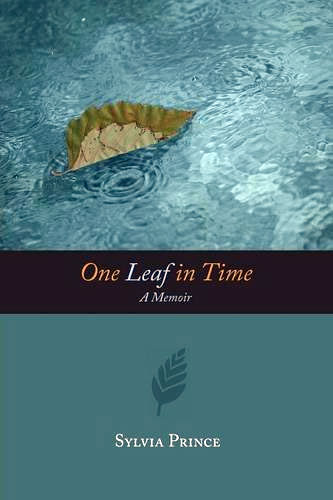
- by Sylvia Prince, née Churchill
[excerpts] ...
[...]

When they handed out jobs, Dad was put to work as the baker. Three large clay ovens were located in build‐ ings near the playing field. Mixing the wormy flour and stoking the fires with coal kept him busy most of the day. He often came back drenched in perspiration and terribly tired, but he never lost his sense of humor.
When we had to use the toilet at night (especially the children), we used chamber pots. During the day, they were emptied into open sewers in the compound. Our Belgian neighbor, who had been president of the largest bank in China, was dead meat for Dad. Mr. Pander would cover his chamber pot with a delicate French doily and perform his task with the air of an English butler. Dad would call out from our doorway, “Hey, Pander, you going for seconds?” then laugh himself silly as Mr. Pander’s face turned red. After a few weeks the lace doily disappeared and Mr. Pander, brandishing the pot, would jovially return a few remarks. Once he said, “I’ll get you some too if you want.”
Serving the meals was Mom’s job. Queues of internees, sometimes 1,000, would snake out the door of the flimsy log dining hall. Mom had to stand with a few other women, ladling out stew or soup for hours. It was hard on her, especially with her deformed leg, but she never complained and, for a bonus, she could sometimes bring home leftovers.
Food was not scarce at first, but it was far from substantial. We did get turnips, cabbage, and sweet potatoes that were brought in by neighboring farmers. Meat was kept on trucks for days without refrigeration and often had maggots in it. The soup was seasoned with Chinese leeks, but there were no spices. If it hadn’t been for sweet potatoes, we would have been sadly deficient in Vitamins A and C because there was no milk, fruit, or juices. Instead, we drank soybean tea. It was my duty to get a small pail of soybean tea, walking the twenty blocks back to our rooms. With no sugar or cream, it was quite distasteful at first. Now nutritionists are proclaiming the benefits of soy. So, go figure!
As far as meat, Langdon Gilkey, a fellow internee who went on to write a book about his experiences in the camp, claims we had an occasional hamburger. I don’t recall them, and Gilkey may have had special treatment because he was the cook. There was some sinewy horse meat at times in stew, but it had gray veins and gristle and was on the verge of being spoiled due to lack of refrigeration.
Nothing was wasted. All unused bread was soaked overnight in big vats with a little shredded orange peel (the only touch of citrus that we had in our diet). It was heated in the morning as our porridge and served with soybean tea. The Chinese peasants hated the Japanese and tried to send us all they could, but they were starving themselves and under strict surveillance by the Japs.
[further reading] ...
http://weihsien-paintings.org/books/OneLeafInTime/OneLeaf(WEB).pdf
#








